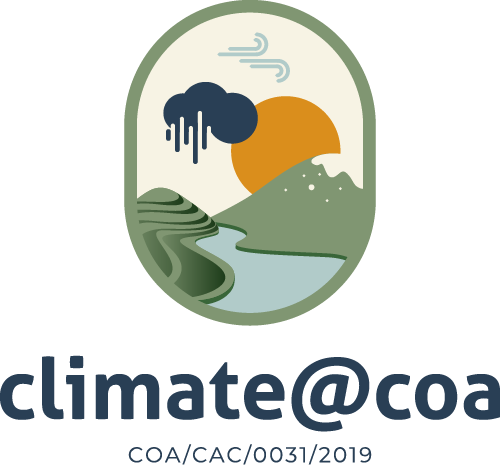
Climate and human adaptation during the Last Glacial Period in the Côa Valley region (Portugal)
Project Leader: Prof. Luca A. Dimuccio
Starting date: 01/01/2021 Ending date: 30/09/2024
Total Funding: €274.414,08
Funded by national funds through the Foundation for Science and Technology (FCT), under the reference COA/CAC/0031/2019
Scientific Domain
Main area
Climate and climate changes
Secondary area
Biodiversity and biological resources, natural and cultural heritage and sustainable regional development
Background
In Portugal, Late Pleistocene climate fluctuations are well-known from marine record.
The pronounced climate instability that characterizes Last Glacial Period (LGP) comprises several distinct cooling (stadial) and warming (interstadial) phases.
These large/rapid climate changes have a recognized impact on the bioclimatic zones, and possibly on the behaviors of Middle and Upper Palaeolithic hunter-gatherers of Iberia.
In terrestrial archives past environmental conditions have a discontinuous record – but with high resolution.
Aims and Perspectives
Landforms and fluvial deposits preserved in Côa valley have demonstrated to be a valuable record of information about the climate evolution of LGP.
The proposed research aims to develop an evolutionary model for the Côa valley and deduce the environmental forcing factors for such evolution, namely climate.
The project’s data will allow to understand better the societies and behaviors of Middle-Upper Palaeolithic hunter-gatherer’s human populations.
Why and How this research will be implemented…!
A multi/interdisciplinary approach based on geological, geomorphological, geochemical, archaeological, and geochronological analyses of various terrestrial archives (landforms and deposits) will be applied to a set of selected key-areas (regional scale) and open-air archaeological sites (local scale) distributed across the Côa river valley and surrounding plateaus.
Plan and methods
Geodatabase construction
Fieldwork and samples collection
Laboratory analyses and geochronology
Articulation with other national and Iberian archaeological information
Data interpretation and comparation with the palaeoclimate Quaternary marine records from Atlantic margin
Produce new insights on past climate changes and human adaptation for the LGP in western Iberia